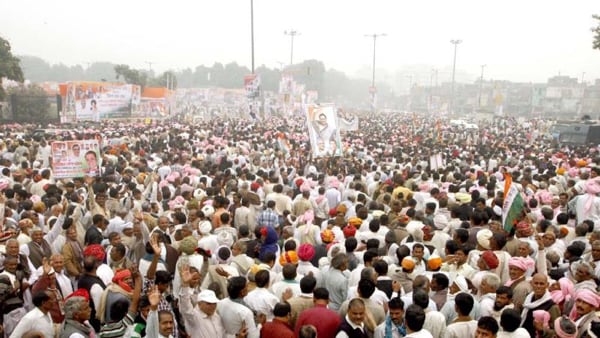President Donald Trump has ordered military deployment to Portland, Oregon, responding to ongoing protests against his immigration policy. This move is part of his broader campaign against demonstrators who oppose his administration’s policies.
In a post on Truth Social, Trump stated, “At the request of Secretary of Homeland Security, Kristi Noem, I am directing Secretary of War, Pete Hegseth, to provide all necessary troops to protect war-ravaged Portland and any of our ICE facilities under siege from attack by Antifa and other domestic terrorists. I am also authorizing full force, if necessary.”
The planned deployment in Portland would mark the fourth U.S. city where Trump has dispatched National Guard troops. Previously, such deployments occurred in Los Angeles, Washington, D.C., and Memphis, with troops assigned to assist immigration officers, clean streets, and combat local crime.
It remains unclear whether the President is referring to National Guard troops or regular military units. National Guard units are typically controlled by individual state governors, though Trump was able to federalize Guard troops in Washington, D.C., due to its federal district status.
The Pentagon has indicated its readiness to support the Department of Homeland Security (DHS) operations in Portland, with spokesperson Sean Parnell stating via email, “We stand ready to mobilize U.S. military personnel in support of DHS operations in Portland at the President’s direction.”
California Governor Gavin Newsom has successfully challenged Trump’s deployment of Guard troops within his state, and the White House is currently appealing that federal court ruling. The White House did not respond to inquiries regarding this situation.
Officials in Oregon have expressed concern that Trump’s actions may further escalate tensions. Portland Mayor Keith Wilson remarked, “Our nation has a long memory for acts of oppression, and the president will not find lawlessness or violence here unless he plans to perpetrate it.” Similarly, Governor Tina Kotek stated that she had reached out to the White House and DHS for clarification, asserting there was “no security threat in Portland.” U.S. Senator Ron Wyden urged residents through social media to “reject Trump’s attempt to incite violence.”
Protests outside the federal ICE detention facility in Portland have been ongoing since June, coinciding with similar protests in Los Angeles. Notably, Oregon is classified as a “sanctuary state,” meaning state and local law enforcement are prohibited from cooperating with federal immigration enforcement.
While Trump has threatened to withhold federal funding from sanctuary states, a federal judge has blocked such actions. Amid heightened tensions, Oregon lawmakers have criticized conditions in detention facilities, while local officials have contested their existence based on land-use violations. Federal agents have also been deployed to Portland in response to these protests.
The protests, partly organized by antifascist groups, have at times turned violent. Although federal officials have condemned these actions, Antifa-linked groups continue to call for additional demonstrations, including solidarity rallies in nearby areas.
On Monday, the Trump administration formally classified Antifa as a domestic terrorist organization. However, this designation lacks legal consequence, as such designations typically apply to foreign entities, while Antifa does not represent a singular organization.
Despite the protests against ICE, a report from the Major Cities Chiefs Association indicated a 50% drop in homicides in Portland during the first half of 2025. The report also highlighted declines in other violent crimes, including rapes, aggravated assaults, and robberies.
This report was generated with contributions from Lauren Dezenski and Anna Edgerton.










